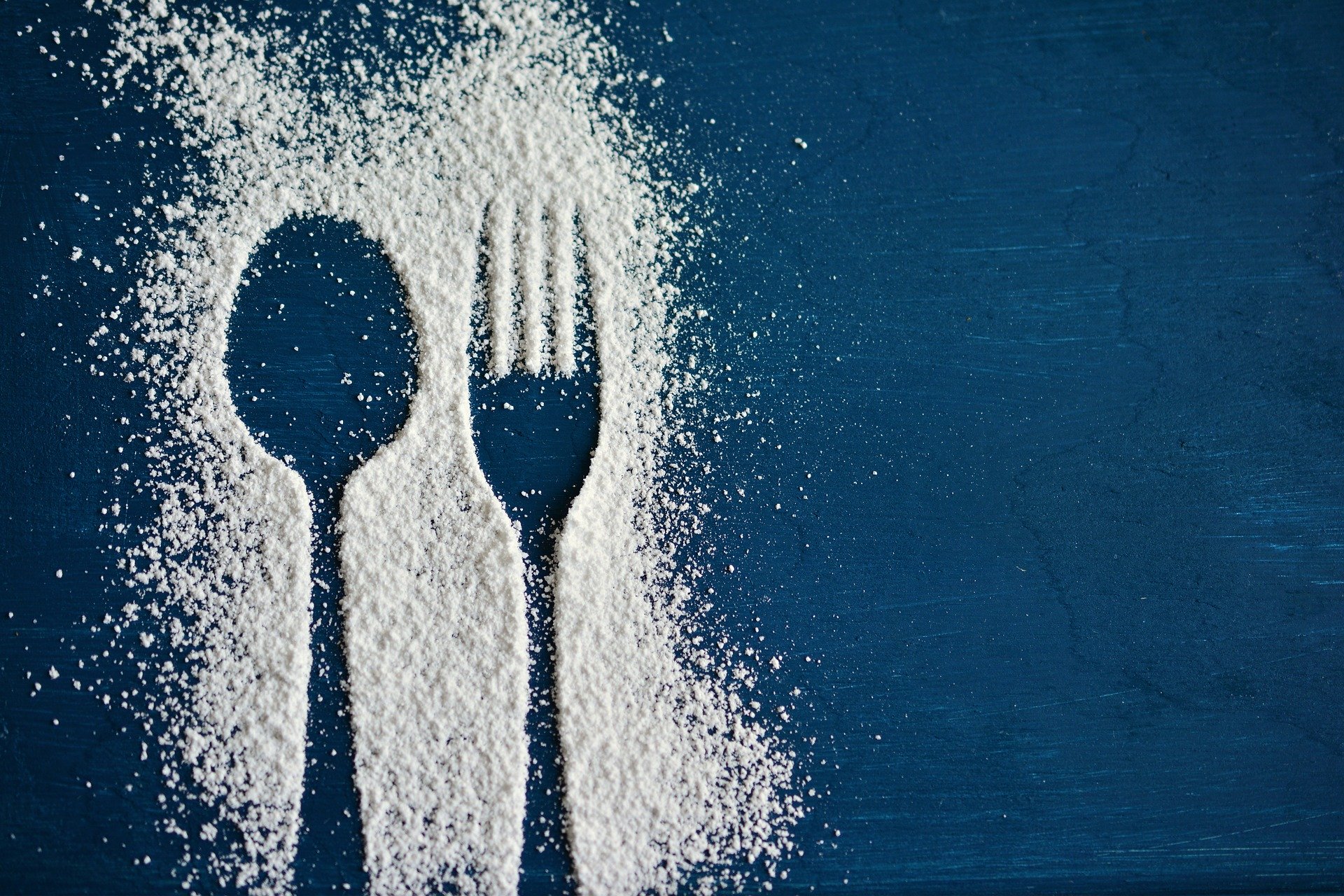Obesity remains one of humanity’s greatest enemies, especially in developed countries. In recent decades, however, we have discovered many more things about it than we expected. What are we talking about?
It is the most widespread epidemic of our time.
According to the Global Burden of Disease or GB, an index prepared by the Institute for Health Metrics and Evaluation, the main causes of death in 2017 worldwide were: heart disease, cancer, respiratory diseases, neurological problems and diabetes; in that order. All these diseases are directly related to obesity, which is a direct cause thereof. The figures for this type of diseases put it in the lead among all global epidemics.
In comparison, traffic and labor accidents, murders, armed conflicts and other fatal injuries represent, overall, only 8% of the total. With a change in lifestyle, the death of millions of people could be reduced. Among its Sustainable Development Goals, the WHO promotes prevention and education as the best tools to understand that, although there are fewer and fewer (relative) deaths, our way of life remains the leading cause of fatal diseases in the world. Unfortunately, the “weight” of obesity in our society is relatively new, and we’re still beginning to fight to let it go.
Sugar is the real enemy
Obesity has been traditionally associated with fat. Not long ago sugar started exposing its true face under its sweet facade: its excess in the food we eat, especially ultra-processed foods, is much more related to being overweight and derived diseases than anything else.
Clearly, this doesn’t mean that a sedentary lifestyle or excess fat aren’t an issue. But an excessive consumption of sugar, something that commonly occurs every day, causes a lack of awareness regarding insulin, weight gain, glycemic peaks, fat accumulation, overweight, obesity, cardio respiratory problems, cancer, diabetes… and that has become clear until recently.
Cholesterol isn’t as bad as they said
Following the demonization of fats, cholesterol was one of the biggest compounds affected. Its role in the metabolism and transportation of lipids wasn’t well understood decades ago. In the last 20 years, however, we have come to understand it better. Today we know that not only is it beneficial but it’s very important in our daily lives.
Cholesterol is part of the membrane of each cell in the body, allowing and slowing the passage of different substances; it’s also a precursor of hormones, vitamin D and bile salts that contribute to the digestion of fats. This shouldn’t become an excuse to eat fat without control, but it’s clear that the role of cholesterol isn’t that of the “bad guy in the movie” as it’s sometimes suggested.
We’d better move a little every day
We don’t want this to become an excuse to set aside moderate exercise. What we mean is to make it clear that it’s important to break the barriers of a sedentary lifestyle with daily physical activity even if moderate (we should add something more intense though). Why? According to the WHO, physical inactivity is the fourth risk factor in terms of global mortality. This is directly related to obesity and the diseases that come with it.
The main benefit of physical activity is to reduce this type of conditions, improving our quality of life and life expectancy. Doing moderate but constant and daily physical activity improves cardiac capacity and reduces the possibility of heart attack. It also reduces hypertension, helps against depression and even helps us improve sleep quality. On the other hand, it fights diabetes and all associated diseases, including obesity. Physical activity, even for those who don’t do sports, can save lives, and improve their quality of life.
Sweeteners don’t help reduce obesity
So far there’s no clear and concise evidence that artificial sweeteners help, by themselves, reducing obesity or overweight. Moreover, some studies show that they could help increase their onset. Why? Although it seems irrational, artificial sweeteners seem to impair insulin sensitivity, promoting hunger and uncontrolled consumption and other issues that don’t help fighting obesity.
Fasting is a good friend
Although its effects are far from miraculous and its benefits are framed only and exclusively within a radical change in lifestyle, fasting can be a very beneficial tool. But only if we practice it along with a healthy diet and an active lifestyle.
On a therapeutic level, for people who are overweight, intermittent fasting, especially 24-hour fasting, which alternates one day of intake and another of fasting, has proven truly effective for losing weight quickly. Some studies point to a beneficial relationship with the gut microbiota. It also has other physiological benefits, although the breakthroughs on fasting are still very novel.
The microbiota has a lot to say
The gut microbiota has a fundamental role in many aspects of our lives. One of them is, without a doubt, the onset of obesity. This is possibly one of the least understood and most novel branches of healthcare. At the moment, we know very little about the mechanisms and the reasons why the microbiota controls our weight, but it’s one of the most studied topics of the moment, with novel results coming up every day.
Date: November 12th, 2019
By: Santiago Campillo
Nutrigenomics Institute is not responsible for the comments and opinions included in this article






